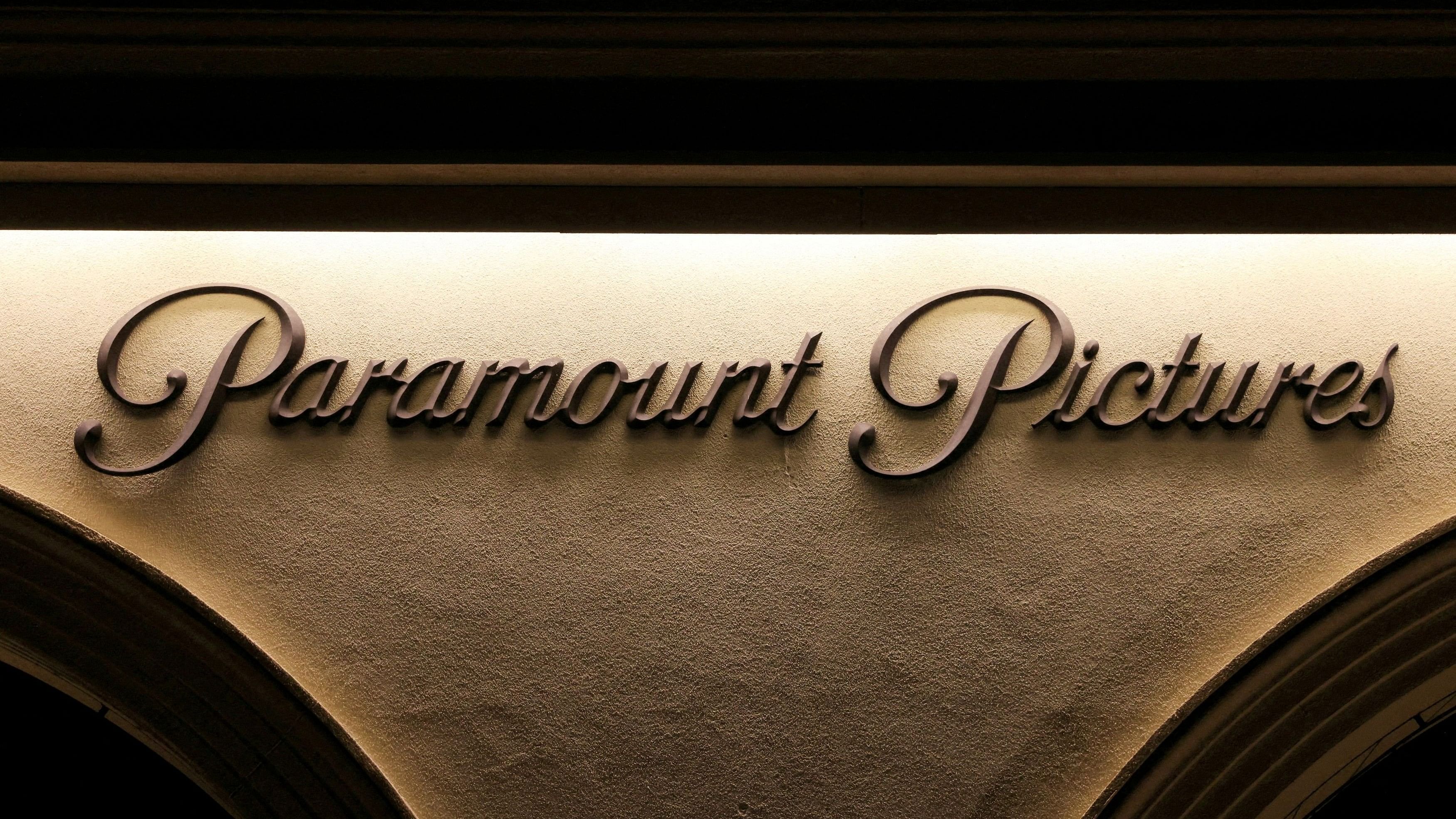
The logo of Paramount Pictures studios.
Credit: Reuters
By Chris Hughes
If Elon Musk’s bid for Twitter Inc. was a needlessly painful and drawn-out saga, pity shareholders in Paramount Global. The Hollywood studio has been on the block for months, during which time ordinary investors have endured sleepless nights over the prospect they may not receive a customary takeover premium.
The on-off Twitter bid of 2022 showed how a powerful buyer can zig and zag in a loosely policed US merger process. By contrast, the Paramount epic is a cautionary tale about the latitude of a dominant selling shareholder in a company with ownership split between voting and non-voting stock.
At the end of last year, it emerged that Shari Redstone, daughter of the late Viacom founder Sumner Redstone, was considering a sale of her controlling holding in Paramount. The likely buyer was a consortium led by David Ellison, founder of the Skydance Media LLC production company and son of billionaire Larry Ellison. Other suitors for Paramount surfaced. The board created an independent committee tasked to evaluate the proposals.
The situation has since become pretty dysfunctional. The special committee entered exclusive negotiations with Ellison, prompting shareholders to fret that this shut down a proper auction. Four board directors are now leaving.
Last week, Chief Executive Officer Bob Bakish was replaced with no fewer than three co-chiefs as the company announced quarterly results. The trio declined to take questions and has done little more than set out three bullet points on strategy. The unorthodox arrangement weakens the standalone investment case just when the company needs a strong fallback position.
Graph showing discount on Paramount's non-voting stock during bid talks.
Credit: Bloomberg
The exclusivity period with Skydance ends this week. The question is whether any offer that emerges will live down to investors’ fears.
Ellison’s core idea is a two-stage transaction. Part one would see his camp secure Redstone’s 77 per cent stake in Paramount’s voting shares. These were worth $676 million at Wednesday’s close, out of a total $8.5 billion market capitalization mainly comprising non-voting shares. This transfer of control could happen indirectly through the acquisition of Redstone’s National Amusements Inc., which owns the Paramount voting stake along with a collection of movie theaters. A price tag of roughly $2 billion has been mooted.
Any purchase via National Amusements would be problematic. It might not be clear how much of the price was attributable to the Paramount stake versus the other assets. Investors sitting on the rest of the voting stock could reasonably demand to be bought out on the same terms as Redstone. But while there seems to be a chunky premium here, the precise quantum wouldn’t be evident.
Part two would be a merger of Paramount with Skydance. The question here is the relative values ascribed to each in the combination, determining how much of the enlarged company ordinary shareholders are left owning. Paramount’s market enterprise value is $22 billion. Skydance would be valued at $5 billion — but it’s unlisted so there’s some guesswork involved.
In parallel, the Ellison consortium would make a $3 billion capital injection by buying shares at a premium to the prevailing share price, Bloomberg News reported. The proceeds would fund debt reduction and a share buyback.
Investors could be forgiven for shrugging at the “premium” valuations here. Paramount’s non-voting shares, the driver of its value, are down nearly 20 per cent from the day before Ellison’s interest emerged in December. A Paramount valuation above its current level could still be well below its pre-bid worth.
This multi-stage proposal has been sweetened from its starting point. But it’s still far from clear that it culminates in any real premium for holders of the non-voting stock — including Berkshire Hathaway Inc. — that would compensate for a change in control, or that would be comparable to that which might go to the voting stock.
Things shouldn’t be so messy. Buyout firm Apollo Global Management Inc. is also exploring a possible offer with Sony Group Corp. And if there’s genuine strategic logic in combining Paramount with Skydance, it’s hard to imagine that the Ellison camp, which includes KKR & Co. and Gerry Cardinale’s RedBird Capital Partners, can’t access capital or allies to help make a more conventional takeover proposal.
If the non-voting shareholders suffer, some will say they had it coming. Their shares have traditionally traded at a discount to the voting stock; their weaker position was in the share price when they bought in; there’s no law that says takeover premiums must be shared equally. But the board’s fiduciary duty is to all shareholders and fairness matters. The litigation has already started.
The range of outcomes is wide. National Amusements says it sought the creation of a special committee to form an independent view on a Skydance transaction and would respect its ultimate decision. And the Redstones support ordinary shareholders getting a formal say on any Skydance offer, according to Bloomberg News. But the special committee’s job should surely be to get a good transaction for all shareholders — rather than a poor transaction with a vote.